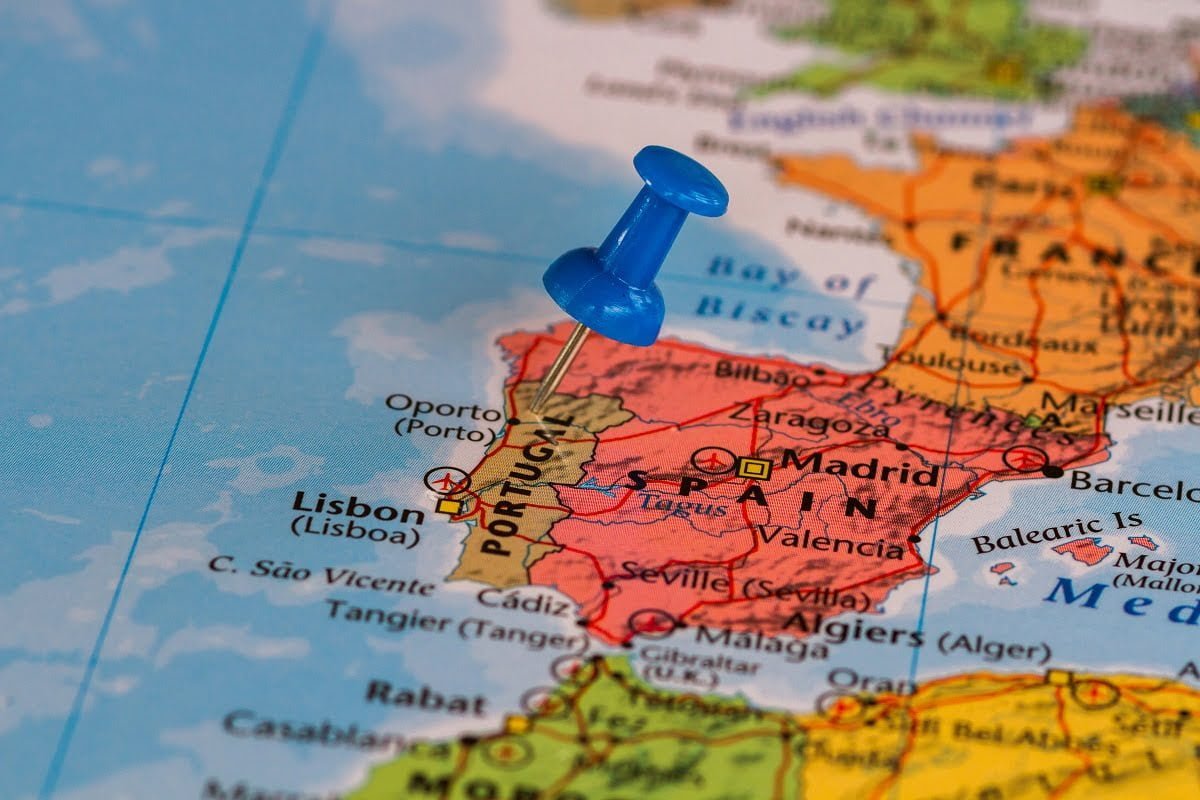
Population: 10.4 million
Capital: Lisbon
Official Language: Portuguese
Currency: Euro
Religions: Roman Catholic

Wine production
Portugal is the 11th largest wine producer in the world and is home to the Douro region which is the oldest wine producing region in the world. It is probably most famous for Porto wine, which is made exclusively in the Douro region although there are over 500 varieties of grape in Portugal. In 2015, a total of 6,205,756 hectolitres of wine were produced, 45% of which was exported.
Cork production
Produced throughout Portugal although predominantly in the Algarve and Alentejo region, cork is a major contributor to the Portuguese economy. Over half of the world’s cork supply is produced in Portugal and is exported to over 100 countries to be used for wine stoppers and in the textile and construction industries. As it stands, cork production is sustainable as legislation prevents producers from being able to strip trees for cork more than once every 9 years.
Automotive
The automotive industry employs approximately 124, 000 people in Portugal and accounts for 5% of the country’s GDP. There are currently 265 car manufacturing factories across Portugal and in 2017, a total of 175,000 cars were manufactured. The annual value of exported cars and car parts is approximately $1.96 billion. Some car brands which are currently being manufactured in Portugal include Toyota, Volkswagen and Citroën.
Textiles
Portugal has one of the biggest textile industries in Europe and is known for its high standard of manufacturing. This industry is responsible for 130,000 jobs and the turnover in 2018 was 7.6 billion euros. Textiles such as clothes and linen are mainly exported to Spain, France, Italy, Germany and the UK and in 2018, exports within this industry were worth 5.3 billion euros.
Do…
Don’t…
Jerónimo Martins
A Lisbon based food distribution and specialised retail company operating in Portugal, Poland and Columbia. It also owns Portuguese supermarket chains Pingo Doce and Recheio.
Corticeira Amorim
This is the largest cork-producing company in the world and has been operating in the industry since 1870.
AutoEuropa (Volkswagen)
Owned by Volkswagen and based in Palmela, Portugal, AutoEuropa is a car and car-part assembly plant. In 2018, it manufactured a total of 223,200 vehicles.
Petratex
This is a Portuguese sports clothing and textiles company which holds patents for innovative, no-sew technology which uses glue rather than sewing to ensure that seams are 100% bonded.